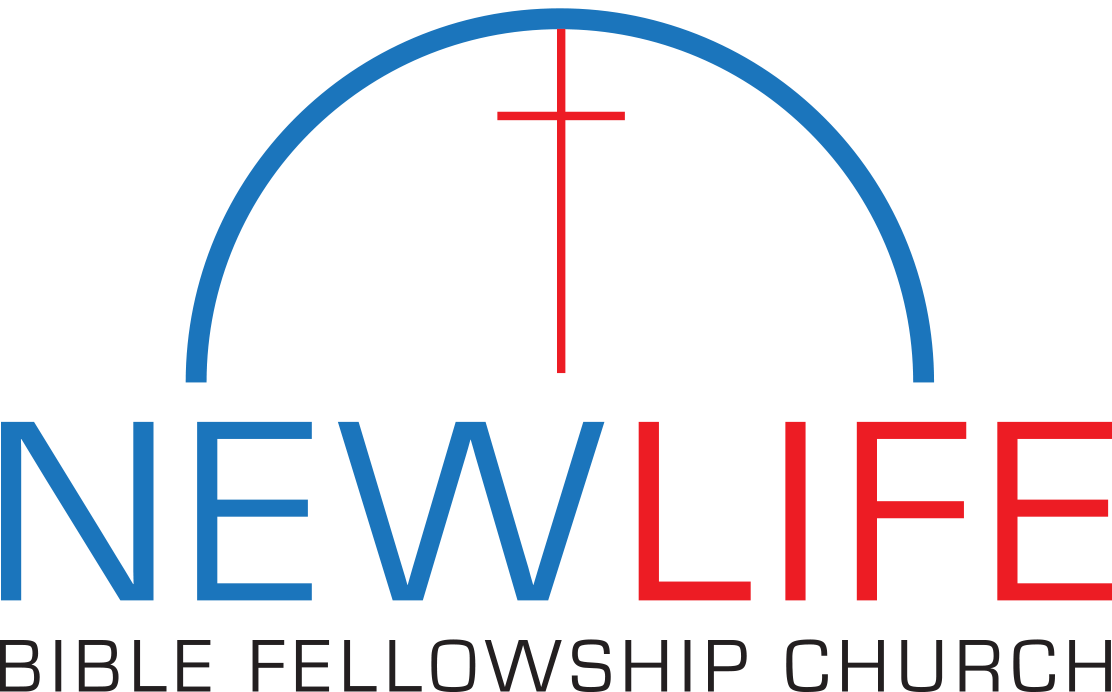Amos (1:1-2)
We begin this morning with a new series, the study of the Old Testament book of Amos. This should take us through the end of June, around 12 messages. So why would I choose an Old Testament book, especially a minor prophet that most people know little about? Our purpose, as elders, is, as our website declares, “to pursue God’s glory in all things among all people.” We believe that the way we pursue God’s glory is primarily through his holy word, both Old and New Testaments. So often we forget that the Old Testament is the infallible, inerrant, inspired word of God just like the New Testament. Therefore we seek to alternate our series between both testaments.
So okay, why Amos? What could we in the 21st century, living in southern Delaware, possible learn from a man named Amos who was considered a nobody, a common, blue collar working, or shepherd/farmer with no credentials who lived in the 8th century BC? Yet, in our evaluation of Amos, we must included on essential element, the sovereign, eternal God who called him with a message to deliver to an abstinent, self-confident people. There are many parallels we will see as we go through this book between the days of Amos, and our day. His message was during a time of economic renascence, you might say, in both the northern 10 tribes under Jeroboam II, and the southern 2 tribes under Uzziah. This economic renascence they attributed to their confidence in their identity as God’s chosen people, therefore, his face was shinning on them and they were free to follow their dreams. We in American do the same…our confidence is in who is in government, or our superior army, or, even in that we go to church, at least on the important days. So this means that God’s face is shining on us, and we are free follow our hearts, and no one can tell us otherwise.
However, though Israel went through the motions of being God’s people, their actions were far from being the people of God that he had called to holiness. They were using God as a good-luck-charm, in their every-man-for-himself life view, and Amos was called to expose their error and declare God’s judgment upon such godless ideologies. Also, as part of his prophecies, Amos declares God’s judgments in Israel’s enemies, for though God used, and will use them to discipline his people, their godless actions do not go unnoticed by the eternal, sovereign God, who superintended all history and events.
There are six key themes in the book of Amos:
The ESV Study Bible Key Themes
1. The Lord (Yahweh) is the Creator of the universe; therefore his ethical norms are universal, and all people are subject to judgment in light of them.
2. Justice and righteousness in the treatment of other people are the key evidences of a right relationship to the Lord.
3. Religious ritual in the absence of just and righteous treatment of others is disgusting to God.
4. Israel’s covenant with the Lord did not guarantee special protection for them when they broke the covenant. Rather, it meant that they would be held to a higher standard of obedience and would be subject to more scrutiny in judgment.
5. Thus, the “day of the LORD” would not be a time of miraculous deliverance for unrepentant Israel. Rather, it would be a time of terrible destruction.
6. Yet a faithful remnant would be preserved and would someday see a day of glorious restoration and blessing.
With this as our introduction, let’s begin this morning with Amos 1:1-2, which we’ve entitled, Superscription and Introduction.

